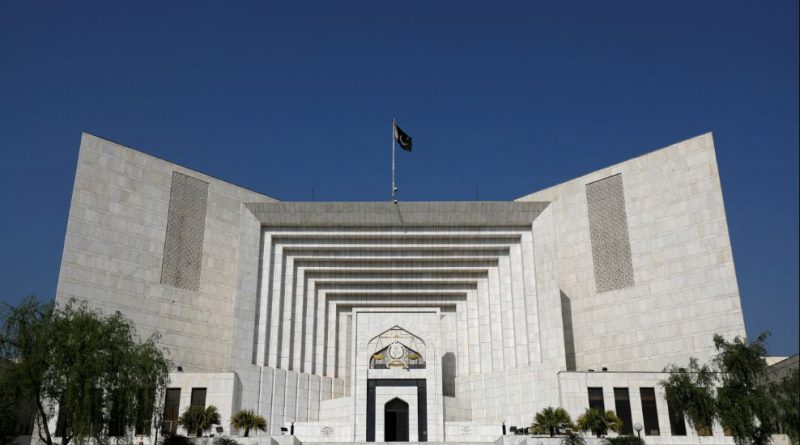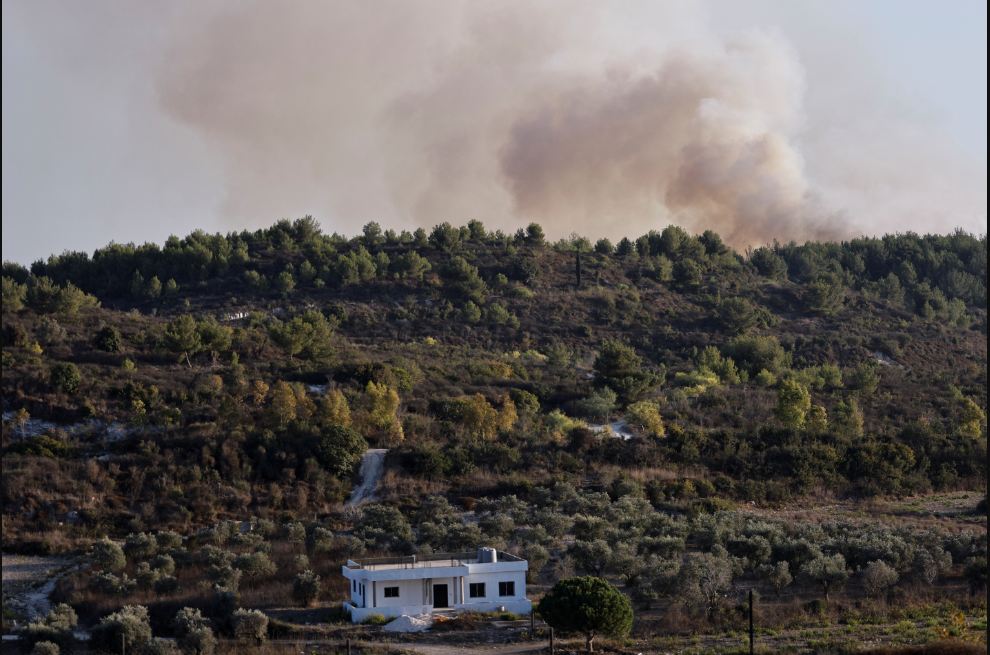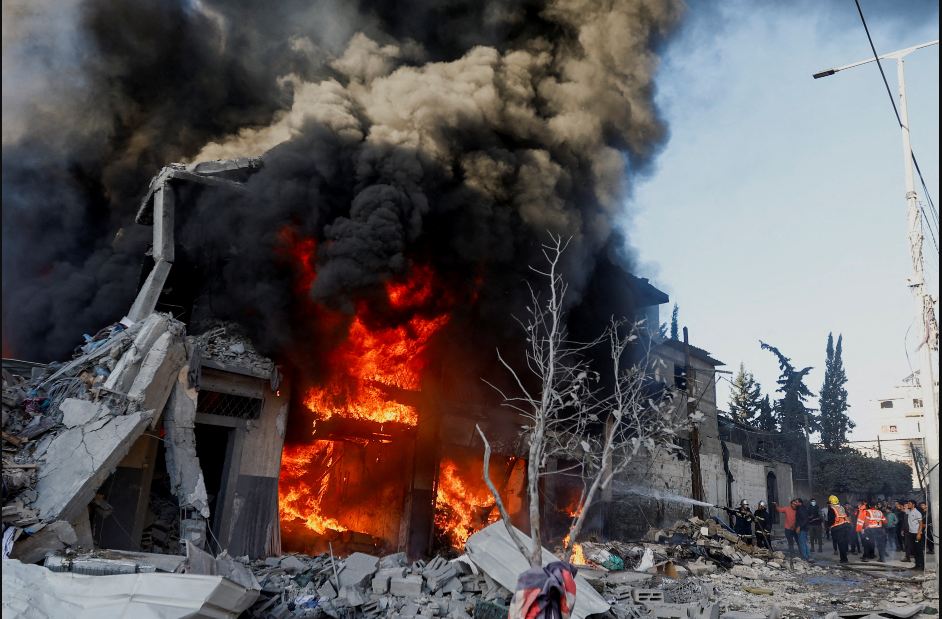Pakistan court stops military trials of pro-Khan protesters
Islamabad (Reuters) – Pakistan’s top court ruled on Monday that military trials of civilians are unconstitutional, a relief for dozens on trial for ransacking military installations during protests in May after the arrest of former Prime Minister Imran Khan.
The government had said it would use military courts to try the suspects, sparking fears over fair process.
But the Supreme Court, in a short order, declared that such proceedings under the Army Act would be of no legal effect, with trials of some 103 people to move to civilian criminal courts.
The suspects have been in custody since May.
Petitioner Aitzaz Ahsan, a prominent lawyer and former minister, told media outside the court that its decision was a victory for democracy.
Hundreds of Khan supporters stormed military and government installations, and even torched a general’s house, following the former premier’s brief arrest by paramilitary soldiers. Khan had accused the military of being behind an attempt to assassinate him.
The military denied that, and said that the attacks against its bases were planned and ordered by leaders of Khan’s party to stir political unrest and force early elections.
Amid widespread condemnation in Pakistan and abroad, some lawyers had said the military courts do not have the same standards of evidence and process as regular courts.
Pakistan’s Army Act of 1952 established military courts primarily to try members of the military or enemies of the state, and they operate under a separate system.
The decision to use military courts was taken by the government of Khan’s rival, Shehbaz Sharif, who has since completed his term in August and handed over to a caretaker government that will oversee an election slated for January.



